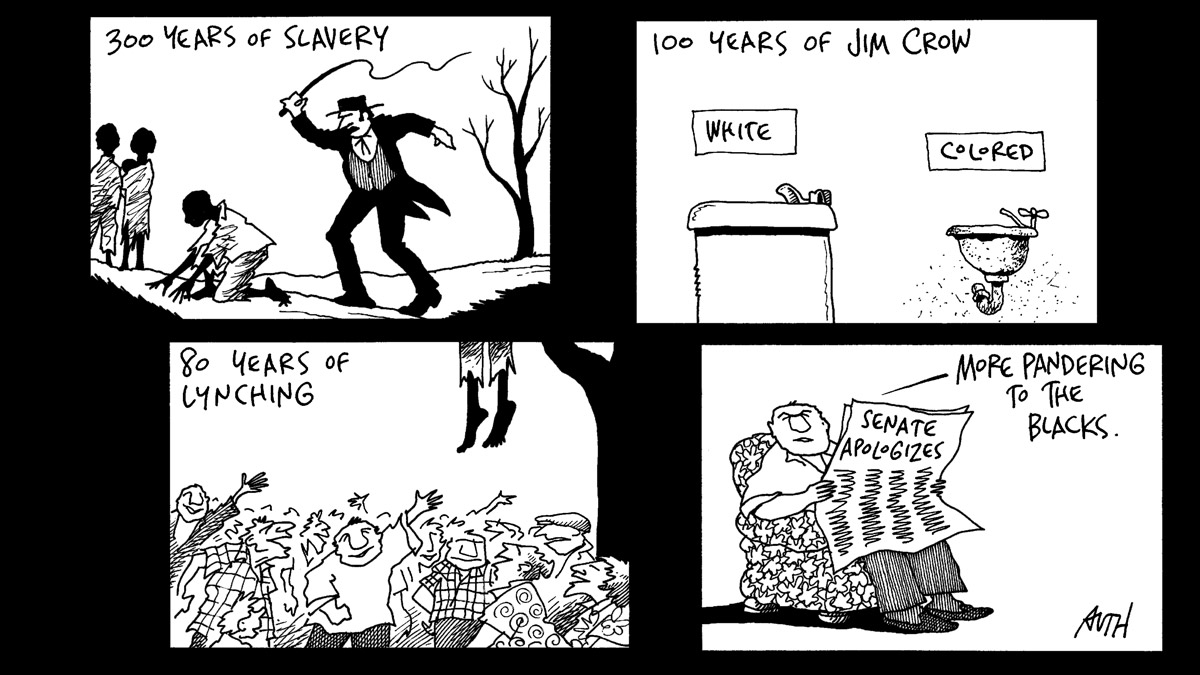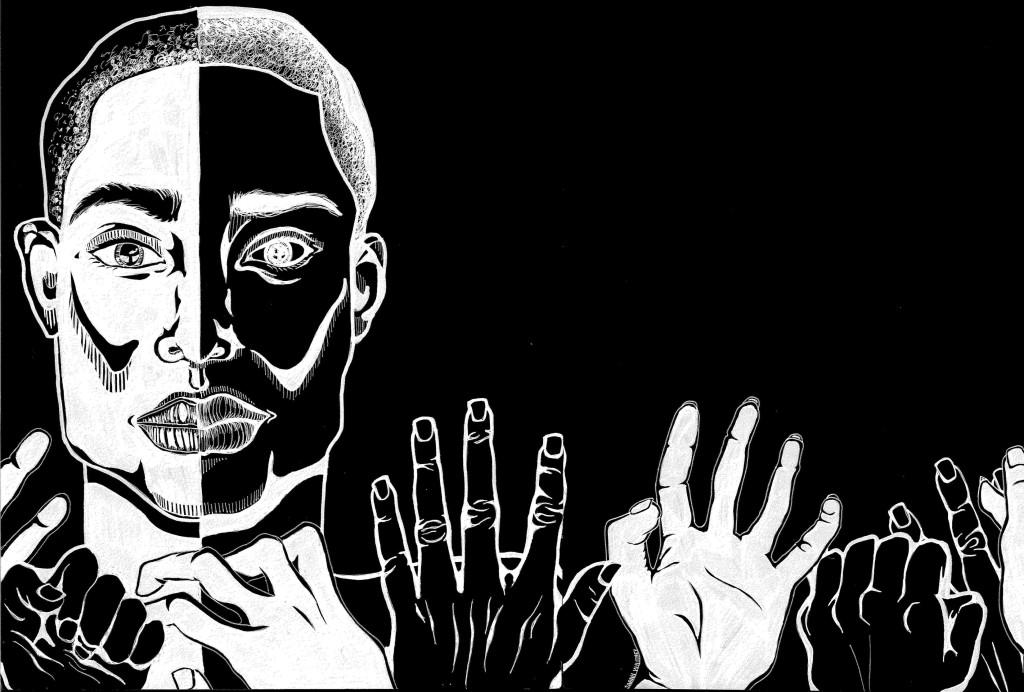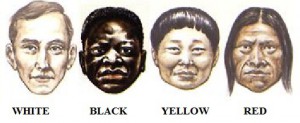Tag: Education
Report: Black, Latino Students Disproportionately Disciplined In Mass. Schools

Click here to read about the report.
A Conversation With Black Women on Race

Click Here to watch a short documentary in which black women talk about the challenges they face in society.
This latest installment of the NYTimes “Conversation on Race” Op-Doc video series highlights the negative emotional impact of racist attitudes on black women’s lives. Everyone we reached out to for this project was eager to tell her most intimate stories of pain and discrimination, from childhood, to work, to profiling by the police. We hope that in sharing them, we are helping to complicate the public representations of black women and girls — highlighting the unique challenges they face, as well as experiences and feelings that are universal.
From Harriet Tubman to Ida B. Wells to Dorothy Height, black women have been heavy presences in social justice movements throughout history. However, issues particular to these women are often relegated to secondary status in our collective consciousness. This seems to be changing. Recent events in Texas, Baltimore and Missouri show that black women are again in leadership roles, and are speaking out against the mistreatment they regularly experience. But in our nation’s current movement for social justice, women’s voices need a louder bullhorn. Conversations like the one we’re hoping to start with this Op-Doc are a first step to understanding, and to changing.
See below to watch the other installments of this Op-Docs series:
“A Conversation With Police on Race”
“A Conversation With My Black Son”
VIDEO: Key Points for Effective Racial Dialogue
Your School Shapes How You Think About Inequality
Being colorblind to race is not the answer
 Keith Maddox and Sam Sommers, associate professors at Tufts University, speak on racial stereotyping and its effects on employment. They discuss the research behind claims of “colorblindness” and how this thinking is ineffective.
Keith Maddox and Sam Sommers, associate professors at Tufts University, speak on racial stereotyping and its effects on employment. They discuss the research behind claims of “colorblindness” and how this thinking is ineffective.
“Stereotype threat is real. Know the source of anxiety and work to diffuse it. Facing your anxiety can have long-term benefits. Make implicit processes explicit [and] strategize to minimize their impact. Understand yourself and your audience. It’s OK to talk about race … even necessary.”
Click here to read more.
Shining a Light, A Concert for Progress in Race in America

Artists of different races and ethnic backgrounds will come together to perform once-in-a-lifetime duets and collaborations. The 2-hour special program will broadcast from the Shrine Auditorium in Los Angeles on Friday, November 20 at 8pm ET/PT across A+E Networks and 150 iHeart radio stations. The concert will raise funds for organizations and individuals (through a sponsoring organization) that are working for racial justice and reconciliation.
Lineup
Zac Brown Band, Eric Church, Andra Day, Jamie Foxx, Rhiannon Giddens, Tori Kelly, John Legend, Miguel, P!nk, Jill Scott, Big Sean, Ed Sheeran, Sia, Bruce Springsteen, Sting, Pharrell Williams & more
Click here for more info!
VIDEO: Race vs. State of Mind: Rachel Dolezal’s Thoughts on Whiteness
Rachel Dolezal recently visited a daytime talkshow called The Real, where she answered the hosts’ questions about her racial identity and her views on the definitions of whiteness and blackness.
Affirmative Action: Is It Still Necessary?

In a 2003 decision, the U.S. Supreme Court ruled to uphold affirmative action and said it expected that in 25 years, “the use of racial preferences will no longer be necessary.” Here’s a conversation between Boyce Watkins, assistant professor at Syracuse University, and Linda Chavez, chair of Center for Equal Opportunity, about the 2013 SCOTUS case revisiting University of Texas, that (at the time) could ban affirmative action in higher education once and for all.
Solving the School Discipline Gap

Joseph C. Phillip frames the debate in terms of students’ family life and single vs. two parent homes, rather than bigotry in school disciplinarians. He thinks that focusing only on race-talk on this issue will lead to unsatisfactory solutions that institutionalize the idea that there is something inherently different culturally that leads to black children misbehaving.
“A 2006 study claims Seattle school teachers discipline black students more than their white peers. How about a solution that doesn’t involve pulling the ‘race card?’ […] We can either march forward under the illusion that a discipline gap exists because teachers are a bunch of racists, suspending black children more than white for no other reason than the color of their skin. Or, we can finally realize that a breakdown in the traditional family structure, and an embrace of the destructive social behavior and attitudes that have accompanied it, is playing the devil with our children.”
Click here to read/listen to more.
Questions:
Do you agree of disagree with Phillip’s interpretation of this issue?
Do you think that solutions should be focused on race or family life? Another related factor? A mix of these?

